This year, the Munich Security Conference, the world's most important security event, took place from February 14-17 in Munich, Germany. For more than six decades, it has been the place where major political and security thinking and trends in the Western-led world have been shaped.
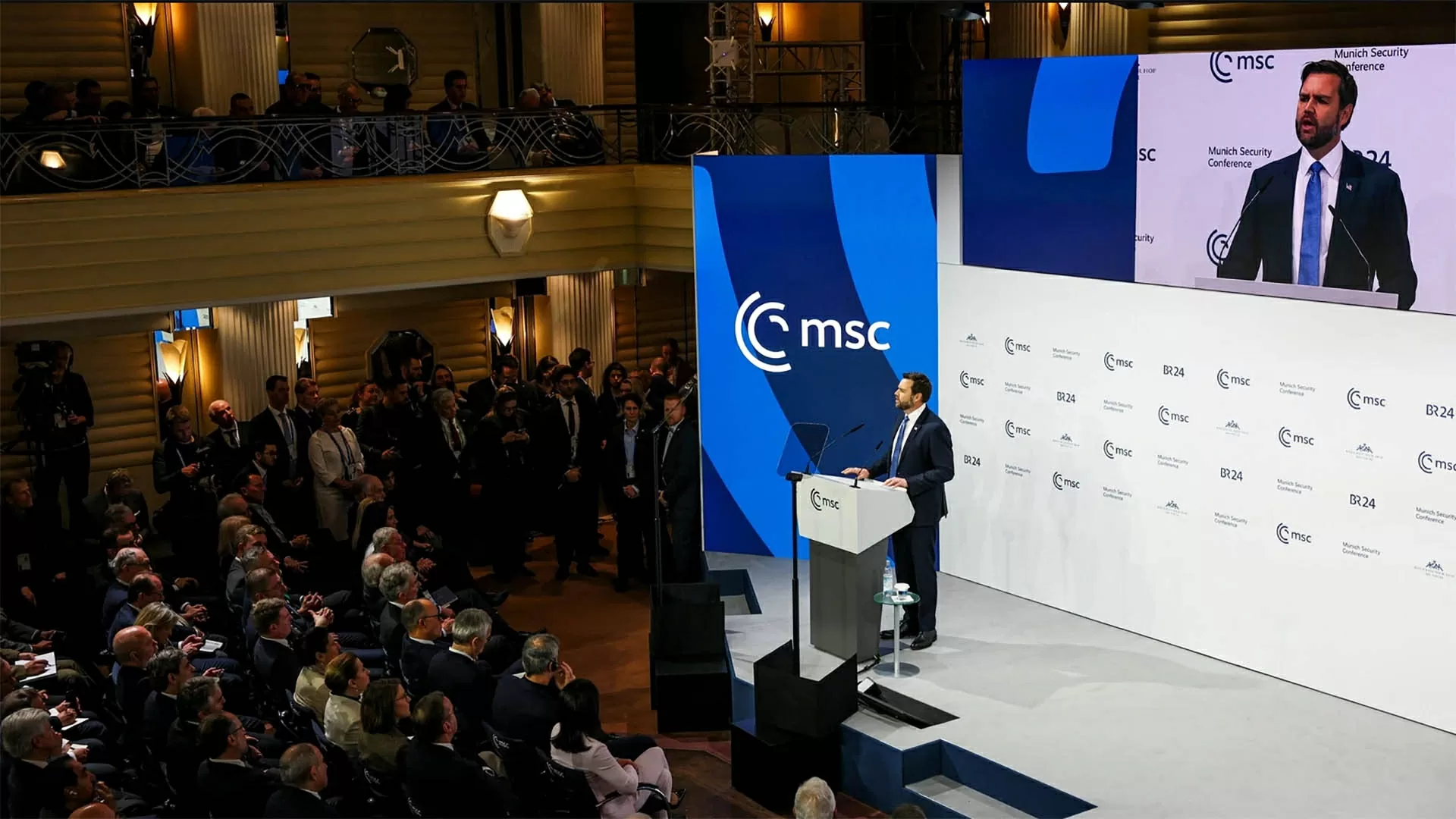 |
| US Vice President JD Vance speaks at the 61st Munich Security Conference on February 14. (Source: Reuters) |
Multipolar world
If in 2024, the Conference assessed that the world was in a state of "lose-lose" due to strategic competition, this year, the delegates attending assessed that the world was in a state of "multipolarization", implying that the world is not yet multipolar, but is transforming in that direction.
However, according to the Conference's sociological survey, only one-third of respondents believe that the world is multipolar; one-third still see the world as bipolar, and one-third see the world as unipolar. Some experts believe that the world is simply "polarized" or that there are many parallel orders.
The biggest question is what kind of rules will the new world order have? Will the “liberal democratic” order that the US and the West built after World War II still exist, especially after Donald Trump was elected President of the United States for a second term? If in the 2024 report, the phrase “rules-based order” was mentioned seven times, this year, it was mentioned only once.
Prospects for resolving the Russia-Ukraine conflict
The highlight of the conference was the Valentine’s Day meeting between US Vice President JD Vance and Ukrainian President Volodymyr Zelensky, but it was disappointing. Mr. Vance’s speech at the conference did not include a single word about Ukraine, while heavily criticizing European countries on democracy, human rights and freedom of speech, and claiming that Europe is losing its fundamental values. This made the German Defense Minister, a close ally and also the conference host, exclaim “unacceptable”!
A series of big questions remain unanswered: Is there a “potential deal” between Mr. Trump and his counterpart Vladimir Putin? Will Ukraine have to make territorial concessions? Will Ukraine and Europe be included in the negotiations? Who will ensure Kiev’s security after the agreement is reached?
President Zelensky said he would not accept any deal without Ukraine’s participation, warning that Russia was preparing for new attacks through Belarus. Zelensky called for Europe to create its own army, and the Ukrainian army should be part of it because it is the only army with battlefield experience in Europe, and is also the most elite and modern army today, with the capacity to produce 1.5 million drones a year.
European leaders reacted strongly. The EU President warned that if Ukraine weakens, Europe and the United States will weaken.
The German Defense Minister asserted that it is impossible to demand that Europe implement the agreement without allowing Europe to come to the negotiating table. The German President warned that if the US only tries to reach an agreement and then walk away, it will weaken both Europe and the US.
The Swedish Prime Minister believes that Europe is no longer at peace. The “sudden” failure of strategic infrastructure at the bottom of the Baltic Sea is not a coincidence, it is a new form of war!
The Danish Prime Minister warned that a policy of “appeasement” would not bring peace to Europe, recalling the lesson of Munich in 1938, when Britain, France and Italy gave in to Hitler, causing war to come sooner.
Sharing responsibilities and defense spending
The biggest demand from the US for Europe is to increase its defense budget, specifically to increase defense spending to 5% of GDP. This is a huge challenge when Europe is struggling to reach the target of 2%.
In response, the German Defense Minister affirmed that Europe must increase its defense budget by 5%, while the European President cautiously said that careful assessment is needed before deciding.
The issue of protecting Ukraine after a peace agreement or ceasefire continues to be discussed. The Danish Prime Minister proposed admitting Ukraine into NATO, but Senator Lindsey Graham, of the US House Budget Committee, said that this was not feasible and that NATO membership should only be used as a deterrent: “If Russia attacks Ukraine again, we will automatically admit Ukraine into NATO”!
NATO Secretary General Mark Rutte called on Europe to stop complaining and come up with concrete initiatives, including re-industrializing its defense.
Some opinions say that protecting Ukraine must include economic strength, must unite and build an economically strong Ukraine to be a stronghold for Europe.
The chairman of Germany's CDU party, Mr. Frederic Merz, who is expected to become German Chancellor after next week's election, said that Europe needs to negotiate from a position of strength and affirmed that Germany is ready to take on the role of European leader due to its special geostrategic and geoeconomic position.
Look to Asia
As US-Europe relations become more complicated, attention is focused on China. The question is whether the US will have to choose between investing in Europe or Asia? Can Washington strike a deal with Beijing as it did with Moscow?
Japan's Defense Minister said that the way the Ukraine issue is handled will directly impact Asia, and this conflict must have a proper outcome.
The South Korean Foreign Minister believes that the South Korea-US alliance remains strong, but South Korea needs to balance the US and China. The NATO Deputy Secretary General said that European and Asian security are interconnected and closely linked, so NATO cares about partner countries in this region.
Regarding the East Sea, Singapore's Defense Minister compared China's strategy to the Monroe Doctrine in Asia that the US implemented in the early 19th century, when it wanted to prevent the influence of external powers. He said that China is implementing this policy, both to show its strength to the US and to appease its neighbors. That dual goal is not easy to implement.
Helsinki or Yalta moment?
This year's conference takes place on the occasion of the 50th anniversary of the signing of the Helsinki Accords (1975) and the 80th anniversary of the Yalta Conference (1945). Europe and the world are facing an important question: Going in the Helsinki direction (respecting independence, sovereignty, and territorial integrity) or turning in the Yalta direction (big countries establishing spheres of influence, redistributing the world).
The Finnish President affirmed that the world is at a Helsinki moment, where three fundamental principles must be reaffirmed: independence, sovereignty and territorial integrity. He recalled that after World War II, Finland maintained its independence and sovereignty but lost 10% of its territory. That is a lesson that Europe and the world need to remember.
The Croatian Prime Minister asked, when the permanent members of the Security Council break the law, is the United Nations paralyzed? Does the international legal system need to be reformed (repair) or liquidated (retire)?
Many people debate who is the “culprit” in destroying the international legal system first, Russia or the United States. Some criticize the United States for the wars in Iraq and Libya, while others allude to China’s support for Russia in the Ukraine conflict and issues in the South China Sea.
More optimistic opinions hold that the United Nations can be maintained but needs to be “overhauled”, because the world is multipolar but the international system is not multipolar in a corresponding way and the first body that needs reform is the Security Council.
* * *
Clearly, the world situation has been changing in an “unprecedented” way in recent days. The questions are: Can Europe maintain unity, find a country and leader of sufficient stature, overcome internal difficulties and cracks to maintain the influence of an important “pole” in the upcoming multipolar situation?
Will the US continue to push its “America First” policy even further, continue to withdraw from global multilateral commitments, but unilaterally demonstrate its power and expand its territory?
Will America's partners across the continents look at Europe and say to themselves, it's time to be independent, self-reliant, diversify partners, and thereby adjust their security, defense, and foreign affairs strategies?
Is this the time for emerging poles like India, Brazil, South Africa, Indonesia... to play their role in shaping a new, more diverse and colorful world order?
Finally, how should the United Nations and the Security Council be reformed when the great powers are no longer interested in this organization?
More than ever, Vietnam needs to be alert and promptly and thoroughly identify the major and very major changes in the country's foreign affairs environment in the coming time.
Source: https://baoquocte.vn/hoi-nghi-an-ninh-munich-2025-loi-canh-tinh-ve-mot-the-gioi-doi-khac-304971.html








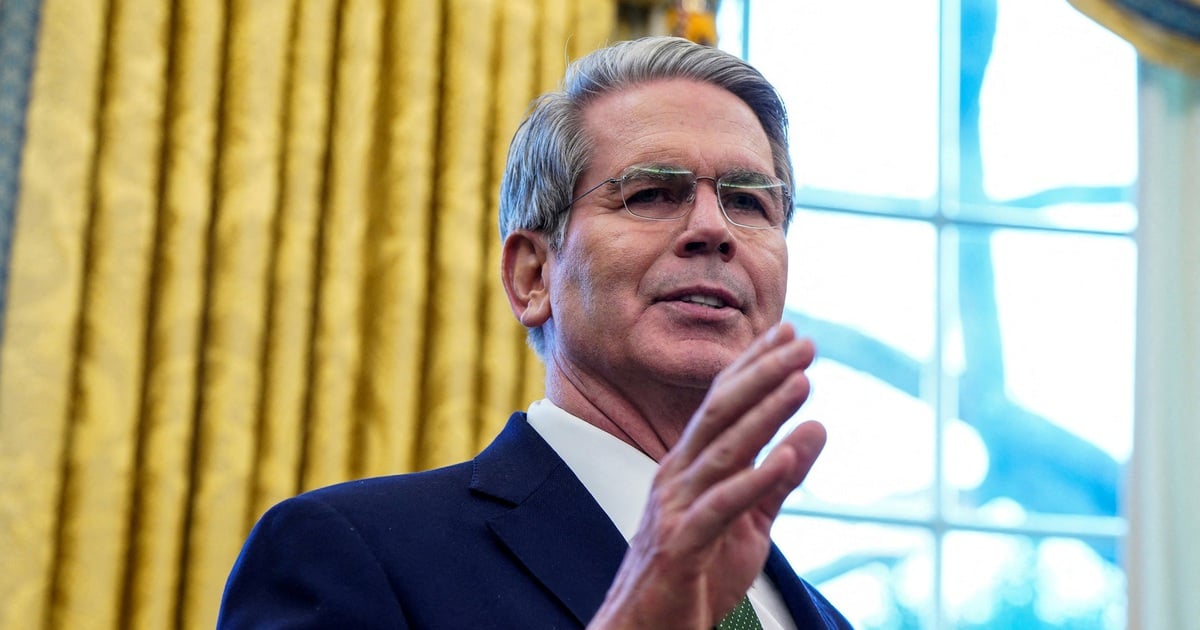

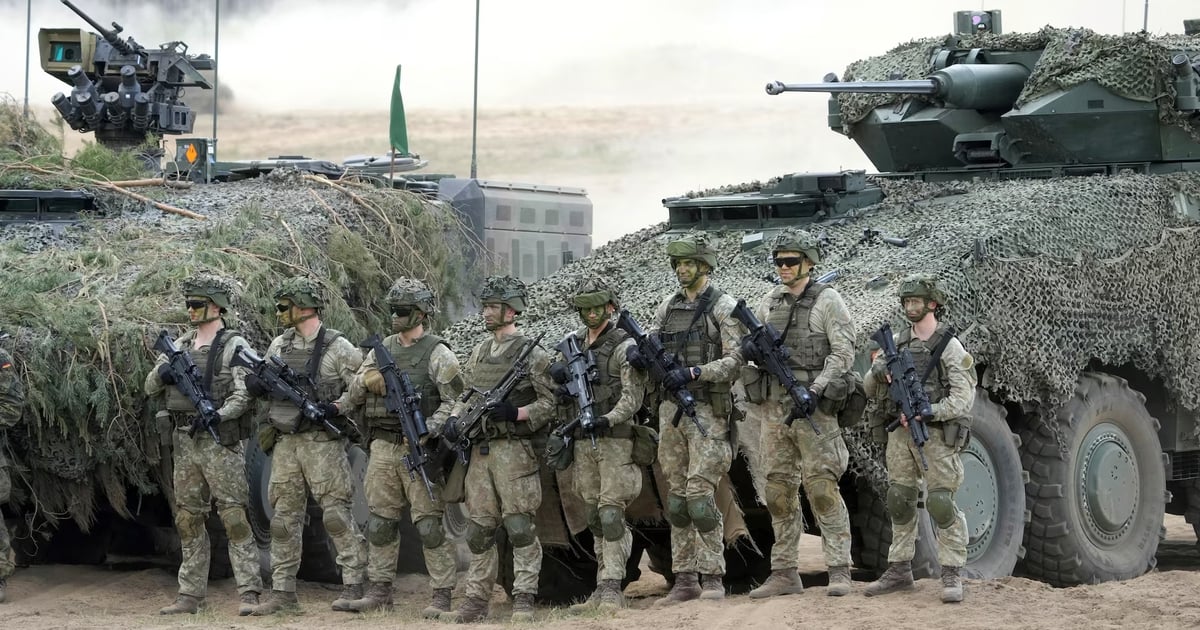
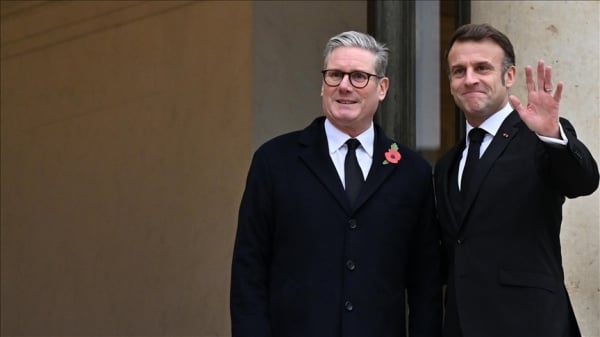
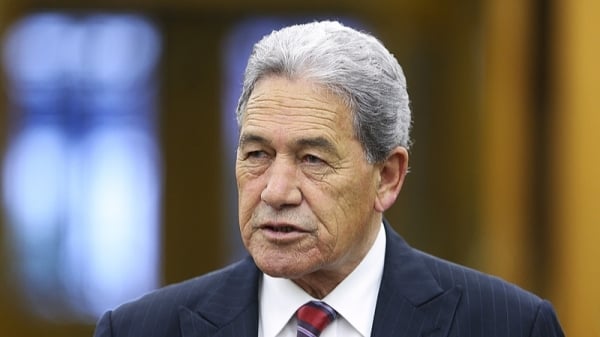
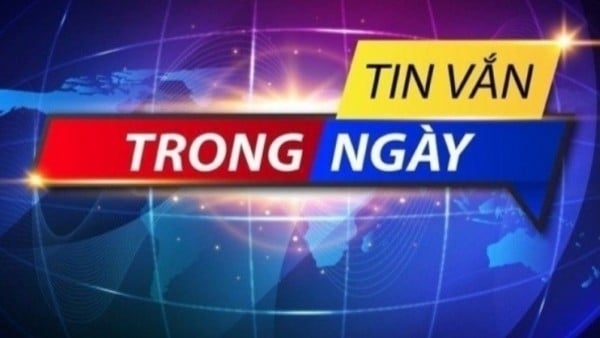
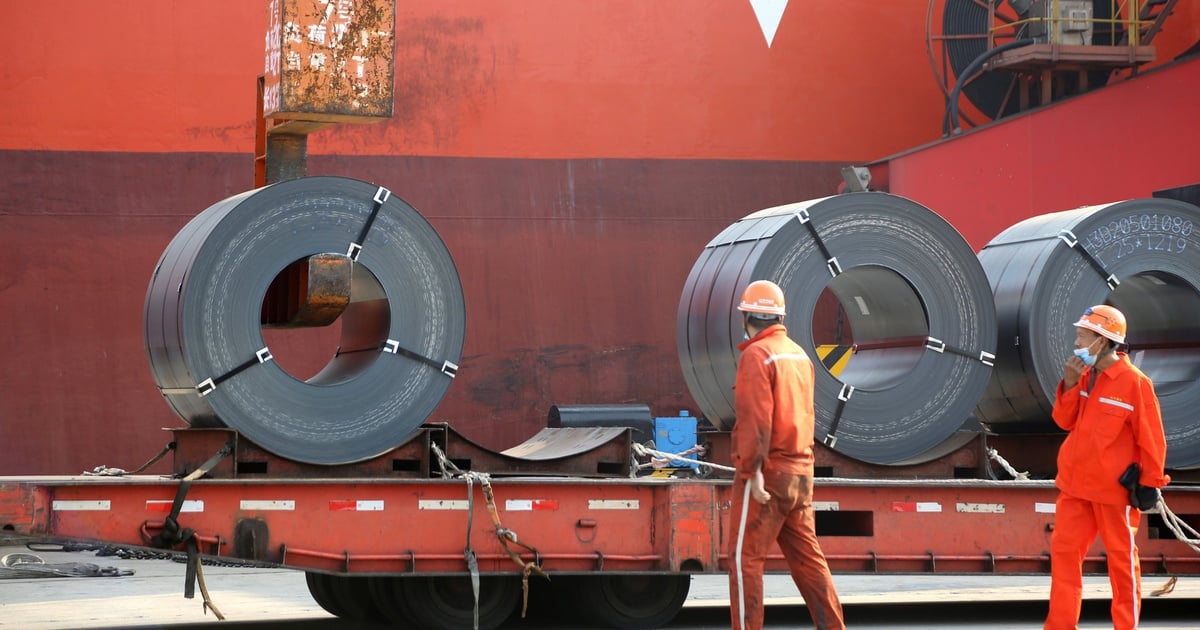


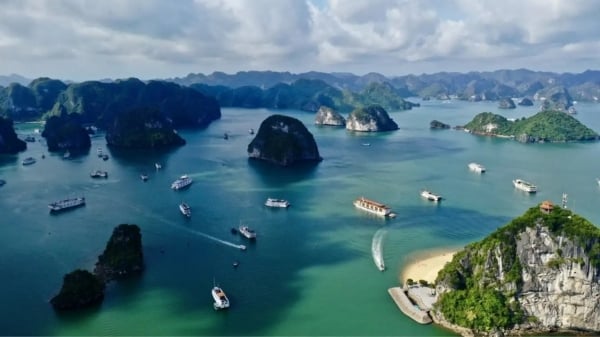

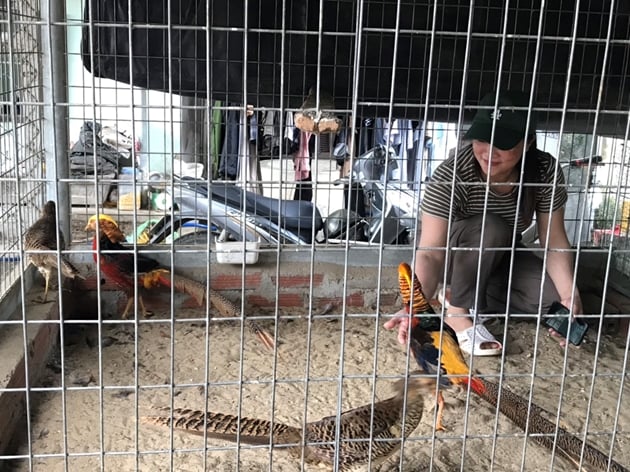



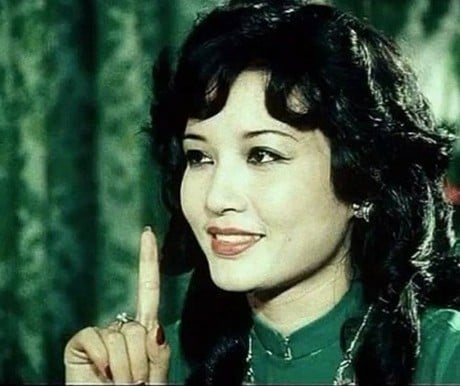

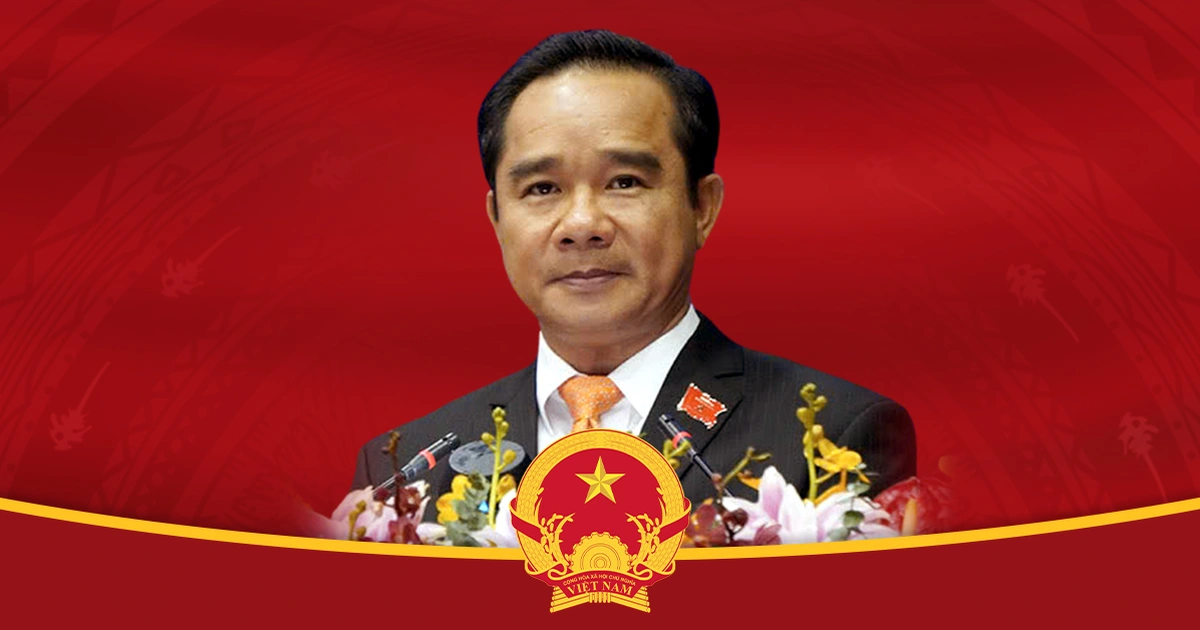




Comment (0)